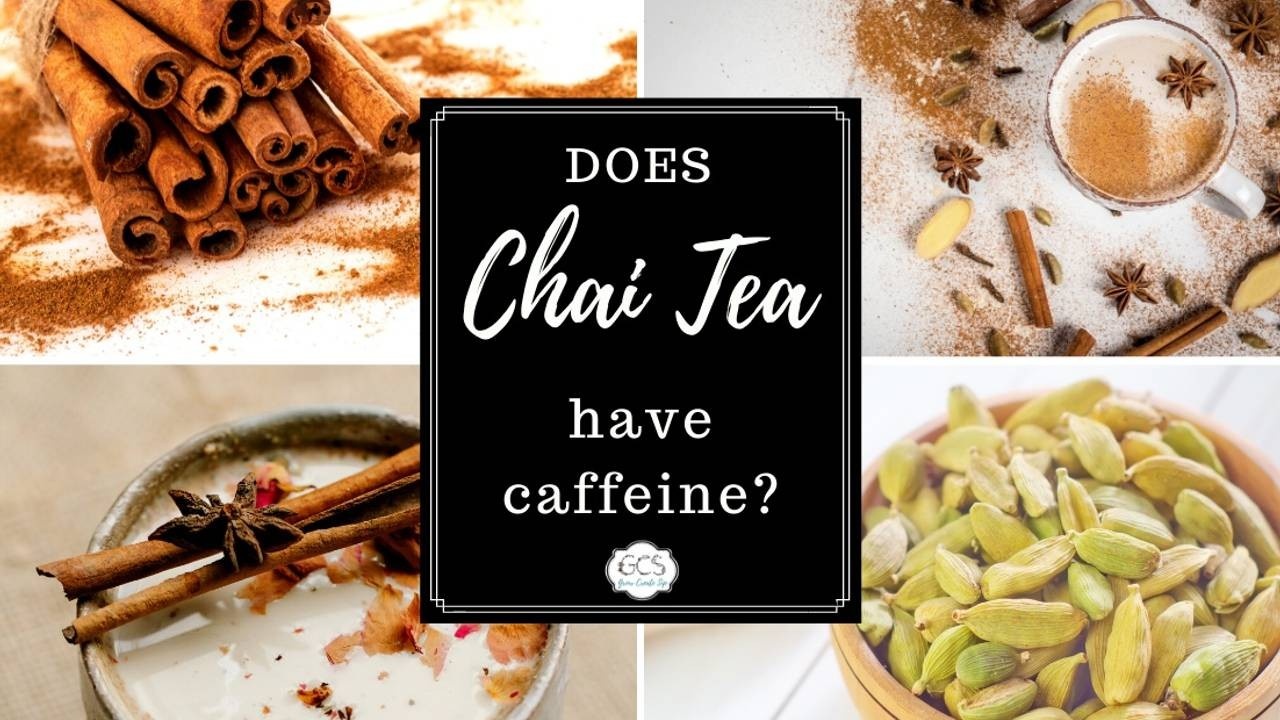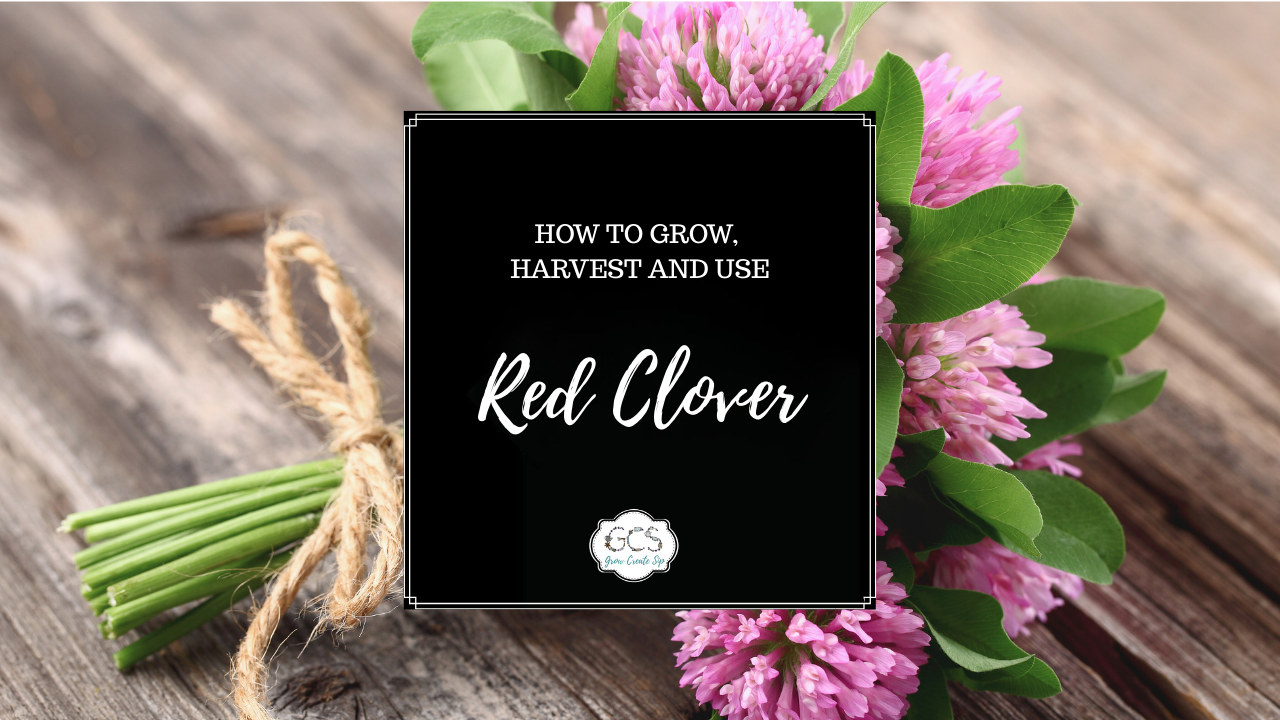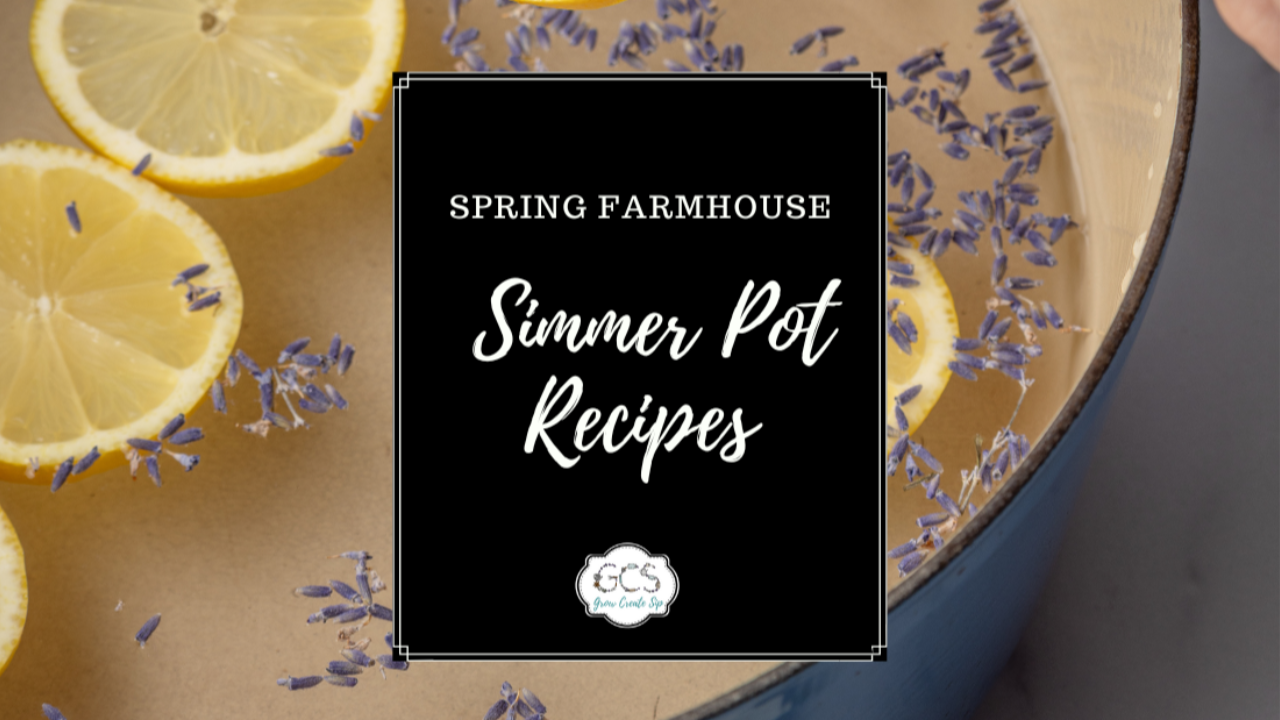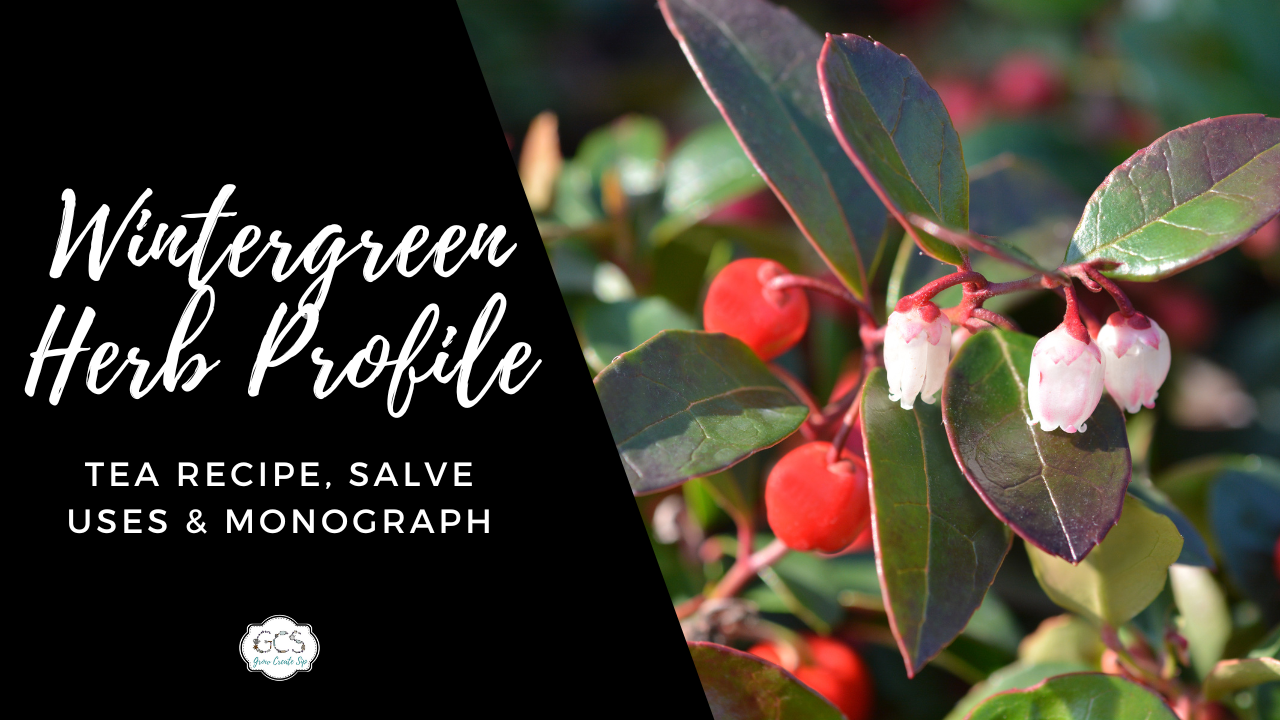Does Chai Tea Have Caffeine?
Sep 14, 2021
A typical cup of traditional Indian chai lattes is different all over India as well as all over the United States. It’s similar to grandma’s potato salad, or stew, everyone has their way of making it a little bit different but every way is a yummy family tradition. Masala chai is the proper name for what we know as a Chai latte in the United States. The word Chai in Indian actually means tea. So when we ask for a Chai tea we are saying “tea tea”.
Most of us here in the United States will recognize a chai tea concentrate such as what Starbucks uses or a concentrate by Oregon Chai. These concentrates are much different than the chai we teach our fans how to make in our free tea blending workshop and the chai we use in these Pumpkin Spice Muffins. Typically masala chai is tea blended with spices and warm milk. But let’s dive a bit deeper into those ingredients, shall we?

Before we start:
This herbal information is just that, information, not medical advice. This blog post and I DO NOT INTEND to treat, cure, or diagnose any disease or illness. This is for informational, educational and entertainment purposes only. Please consult a physician before using herbs medicinally.
This post also contains affiliate links. Translation: We get a little kickback for sharing certain products, at no additional cost to you, should you choose to purchase said items. And - thank you for supporting our farm and family! Read the full disclaimer here.
Types of Tea
There are many different types of tea that can be used when making a good cup of masala chai. We recommend skipping those “bottom-of-the-barrel” tea dust kinds that usually come in a bleached, micro-plastic-filled tea bag. Make sure you are grabbing a high-quality, organic if possible, loose leaf tea. If you are new to brewing loose leaf tea make sure to grab these loose leaf tea steeping tips here.
Black tea is the traditional type of tea to use when steeping a cup of chai tea. The more robust the black tea the more traditional cup of marsala chai you are going to get. Darjeeling and Assam are the most recommended. Any type of black tea will do though. Our favorite black tea for chai is our Three Sisters Black Tea Blend.
Chai comes in many different types and flavors though. A green tea marsala chai would be an interesting twist and could be accomplished using this Mossy Rock Green Tea Blend along with this Herbal Chai Spice.
The flavor options don’t stop with black and green tea though. Here are a few of our favorite Chai tea blends to use as a base:
- Persnickety Peach Chai
- Rooibos Chai
- Sweet Maple Chai
- Herbal Chai Spice
- Prairie Pumpkin Chai
- Cherry Country Chai

Spices in Chai
As we mentioned at the start, a cup of marsala chai can really vary from household to household, region to region, and country to country. Traditional masala chai is usually made with these Indian spices: ginger (fresh is best!), cardamom pods, cinnamon, peppercorns, star anise, and cloves. Now, these spices can vary with some additional spices being things like fennel, anise seed instead of star anise, nutmeg, and other warming type spices. Some may even use rainbow peppercorns instead of the traditional black pepper.
Before we start:
This herbal information is just that, information. This blog post and I DO NOT INTEND to treat, cure, or diagnose any disease or illness. This is for informational, educational and entertainment purposes only. Please consult a physician before using herbs medicinally.
This post also contains affiliate links throughout. Translation: We get a little kick back for sharing certain products, at no additional cost to you, should you choose to purchase said items. And - thank you for supporting our farm and family! Read the full disclaimer here.
Health Benefits in a Cup of Chai Tea
Chai tea is one of my favorite teas to teach others how to make when they are learning about how to blend medicinal teas such as in our Medicinal Teas in Small Spaces e-course. This is because there are so many wonderful health benefits that come with the herbs that chai tea is made from. First of all, you have black tea which is lower in caffeine than coffee, all the health benefits of green tea if that be your base, and then the health benefits of herbal teas.
The spices in chai tea though are really where all the medicinal qualities are, let’s take a look at some of them.
Ginger- Anti-inflammatory, soothes sore throats, anti-viral, blood mover, running nose, coughs, pain reliever, bloating, and digestive relief.
Cardamom- Cleans the mouth, stimulates digestion, is anti-bacterial, soothes the stomach, helps ulcers, and is anti-inflammatory.
Cinnamon- Indigestion, gas, heartburn, stomach aches, anti-inflammatory, helps cramps, aids in blood sugars, is an anti-viral, anti-bacterial, and has antioxidants.
Black Pepper- Moves gas, pain relief, blood mover, anti-inflammatory, and helps absorption.
Star Anise- Cramps, aids in digestion, reduces nausea, bloating, gas, indigestion, and constipation.
Cloves- Arthritis, anti-inflammatory, tooth health, mouth health, liver aide, headaches, immune booster, and digestive health.

Amount of Caffeine
Caffeine levels are an important topic these days because so many of us are fighting things like insomnia, autoimmune diseases, heart health, diabetes, and thyroid issues. Cutting back our caffeine levels can be super helpful when it comes to managing these issues. Caffeine is ruff on the nervous system which causes issues like anxiety disorders and insomnia.
The amount of caffeine levels vary:
- A cup of coffee contains 95 milligrams of caffeine per 1 cup.
- Black teas have approximately 47 milligrams of caffeine per 1 cup of black tea.
- Green teas have approximately 28 milligrams of caffeine per 1 cup of green tea.
- White teas have approximately 6-55 milligrams of caffeine per 1 cup of white tea.
- Herbal and Rooibos Teas have zero milligrams of caffeine per 1 cup of herbal tea.
Use this list as your guide to how to regular your caffeine intake accordingly so that you can boost your health where you see fit.
If you are looking for the best way to get your chai tea fix without so much caffeine you might find these tips useful:
- Learn to make your own chai tea from scratch with our free workshop
- Sip on Rooibos Chai tea made with zero caffeine for a vanilla-like chai
- Enjoy Herbal Chai Spice for a super spicy chai with zero caffeine and/or mix the chai spice with your favorite tea base like Mossy Rock Green Tea
While a traditional chai tea does contain caffeine it is much less, even with black tea, than coffee and there are a great many caffeine-free options to enjoy. Make sure when you are grabbing your favorite cup of chai tea that it isn’t made from a sugar-filled, chemical-filled chai tea concentrate and that you are not using that bottom-of-the-barrel tea-dust, but rather organic, high-quality loose leaf tea.
I”d love to know, how do you like your chai tea made? Are you a Starbucks chai latte fan, maybe you are trying to give up the chai tea concentrate or you have decided to try the Paleo, Whole20 or AIP diet and you are switching up your chai habit? Let me know in the comments below about your chai habit!
Drink Recipes You May Enjoy
- Paleo Thai Tea
- Tazo® Passion Fruit Tea Hack
- Green Tea Mint Julep
- Irish Coffee with Chicory Root Tea
- DIY Simple Syrup with Rose Tea
- How to Make Herbal Kombucha
- Peach Kombucha Rita
- Autoimmune Protocol Diet Approved Tea Blends














